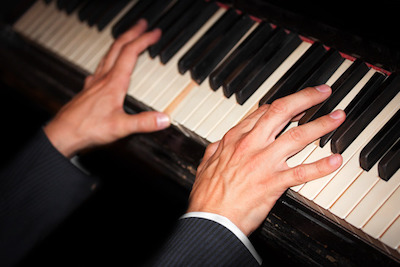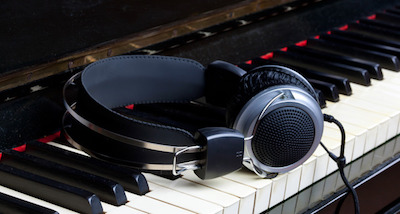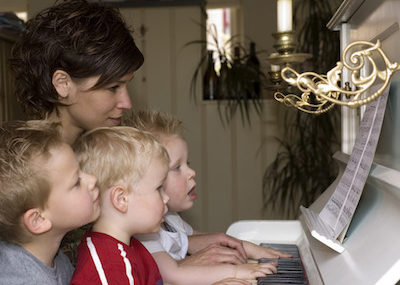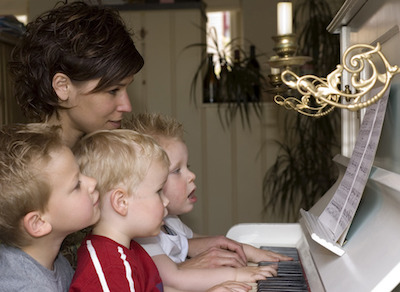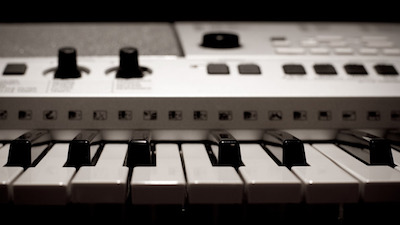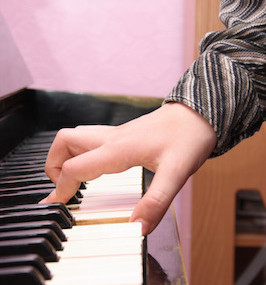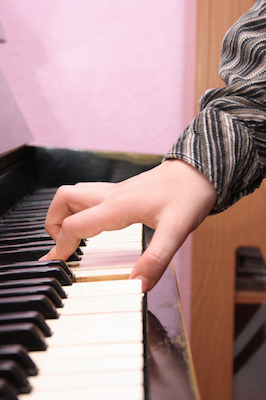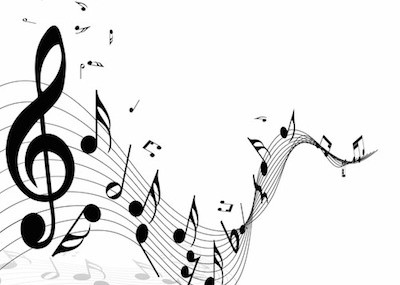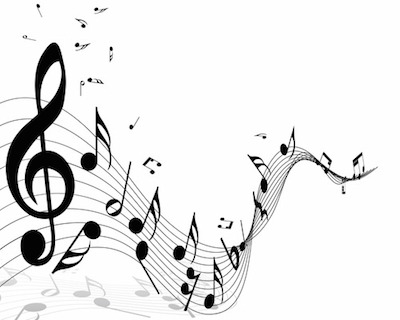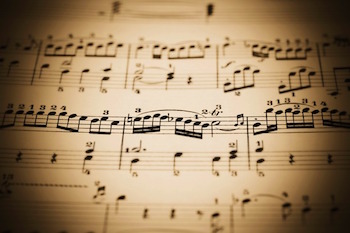Have you ever had a stressful day, retreated into your home, and put on your favorite tunes to relax? There’s a reason for that.
From the dawn of humanity, music has been a part of the healing process. With nothing more than drums and simple instruments, people used songs to communicate and find ways to articulate and express all that was happening in their lives.
Music therapy was first recognized after World War II when musicians began visiting veteran hospitals to help those suffering from both physical and emotional tolls of war. When nurses and physicians started seeing responses, they began to hire musicians to play. 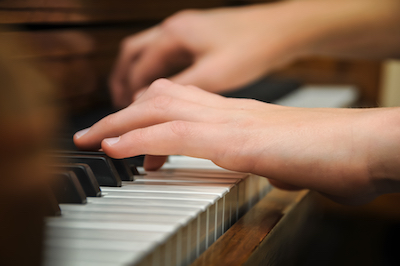
Today, the American Music Therapy Association (AMTA) is the largest music therapy association, and serves communities around the world by promoting and educating people on the benefits of using music as a part of a therapeutic process.
Music therapy has been proven to:
- Decrease stress and anxiety
- Increase motivation
- Reduce muscle tension
- Increase self-esteem
- Provide emotional release
- Enhance relationships
Music therapy works by using music to help with physical, emotional, and social needs of an individual. While listening has been proven to work, adding in physicality can help even more. By playing and participating, it has been found to stimulate the senses, help calm a person down, reduce heart rate, slow breathing, and reduce physical attributes of stress. Participation is everything.
With many instruments, it takes a high level of skill to create a good tone. It takes even more skill to be able to play a song. With a piano, you press a key and the note is there. Even the most musically challenged can sit down and within minutes, be plunking out a simple tune. You can have fun from the moment you sit down.
Want to feel better? Maybe it’s time to pick up a new habit this year. Why not choose to learn to play the piano and see how it helps you change your outlook on life.
